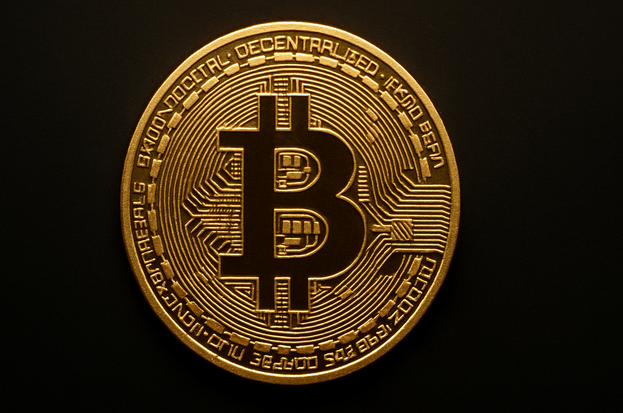TLDR
- Jack Dorsey states Bitcoin is not crypto but a form of money and a payment system.
- Bitcoin’s white paper describes it as a “peer-to-peer electronic cash system.”
- Dorsey emphasizes Bitcoin’s role in payment systems, citing Square’s zero-fee BTC transactions.
- Critics highlight Bitcoin’s scalability issues, questioning its payment system viability.
Jack Dorsey, the co-founder of Twitter and a staunch Bitcoin supporter, has recently reignited a long-standing debate within the crypto community. In a tweet posted on Sunday, Dorsey declared, “Bitcoin is not crypto,” a statement that quickly drew a wide range of responses from Bitcoin enthusiasts and critics alike. His comment highlights a critical question: what is Bitcoin if it isn’t considered part of the broader crypto ecosystem?
Dorsey’s Perspective: Bitcoin as Money
Dorsey, who has been a vocal proponent of Bitcoin for years, clarified his stance on Bitcoin’s purpose in a separate post shortly before his “not crypto” tweet. “Bitcoin is money,” he stated plainly. According to Dorsey, Bitcoin should be viewed primarily as a form of money rather than just a speculative asset or part of the cryptocurrency sector. He argued that Bitcoin’s real value lies in its ability to serve as a method of payment, not merely a store of value.
Dorsey’s support for Bitcoin’s utility as money is not new. His company, Block (formerly known as Square), has integrated Bitcoin payments into its business model. For instance, the company offers zero-fee Bitcoin transactions through its Square payment platform, which Dorsey sees as a key step in demonstrating Bitcoin’s utility. Additionally, he pointed out that Bitcoin payments, with no processing fees, could be a major selling point for small businesses.
Bitcoin’s Origins: Satoshi’s Vision and the White Paper
The debate over Bitcoin’s classification is closely tied to its origins. In 2008, Bitcoin’s white paper, written by the mysterious Satoshi Nakamoto, did not reference “crypto” at all. Instead, Nakamoto described Bitcoin as a “peer-to-peer electronic cash system.
The white paper focused on how Bitcoin would allow for transactions without relying on a trusted central authority. This description presents Bitcoin as a form of digital cash, which some argue separates it from the broader “crypto” umbrella that includes many other tokens and blockchain projects.
In 2010, Nakamoto also referred to Bitcoin as a “digital currency” designed to replace the need for centralized payment systems. Dorsey’s recent statements point to these early descriptions as evidence that Bitcoin’s primary function was never to be classified as crypto. Instead, it was always intended to be a medium of exchange, akin to traditional money, with cryptographic features providing security and verification.
The Crypto Community’s Response to Dorsey’s Statement
Dorsey’s tweet has sparked mixed reactions from the broader crypto community. Some Bitcoin advocates, especially Bitcoin maximalists, align with Dorsey’s view, emphasizing Bitcoin’s unique qualities that distinguish it from altcoins. However, others within the cryptocurrency space have pushed back against the idea that Bitcoin should be separate from the larger crypto movement.
David Schwartz, the chief technology officer at Ripple, shared his confusion over Dorsey’s statement, writing that he wasn’t sure whether Dorsey intended to describe Bitcoin as a payment system or to criticize its speculative nature. Schwartz noted that while Bitcoin is often seen as a store of value, it may also serve as a payment system, a point of view that aligns with Dorsey’s earlier tweet.
Criticisms of Bitcoin’s Scalability and Limitations
While Dorsey advocates for Bitcoin as a method of payment, critics argue that Bitcoin faces significant challenges in this area. One common concern is Bitcoin’s scalability, which can lead to slower transaction times and higher fees when the network becomes congested. Many in the crypto community believe that these limitations could hinder Bitcoin’s ability to serve as an effective global payment system.
In contrast, many altcoins, such as Ethereum or Solana, focus on improving scalability and transaction speed. This has led some critics to argue that Bitcoin’s limited transaction capacity could undermine its potential as a practical currency. Despite these concerns, Dorsey and other Bitcoin supporters continue to push for its adoption as a payment method, believing that its decentralized nature and security features offer unique advantages.







